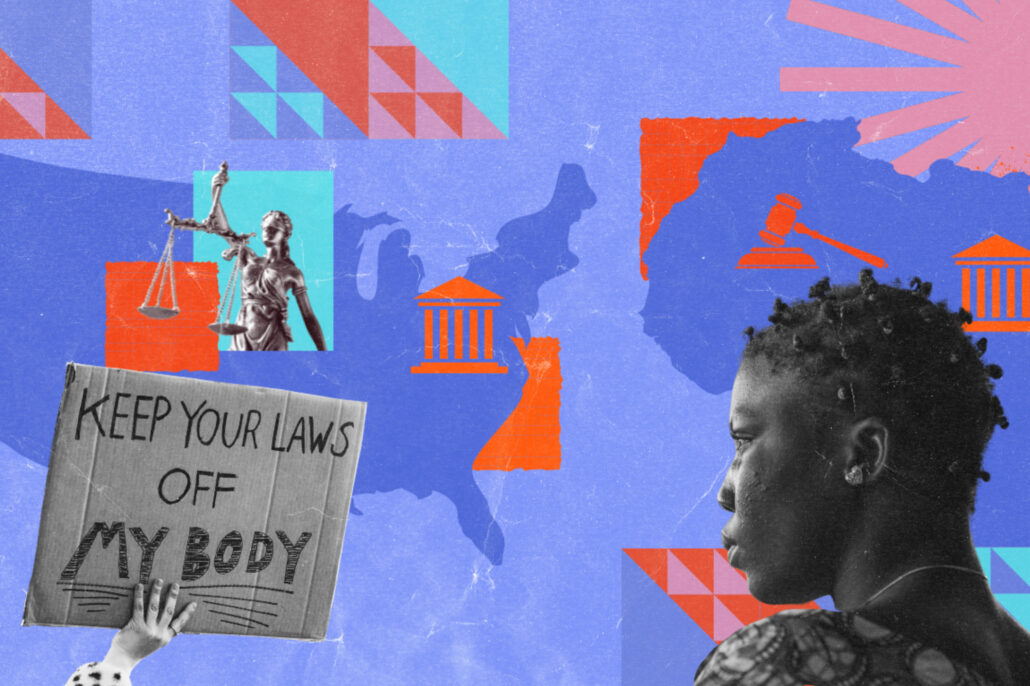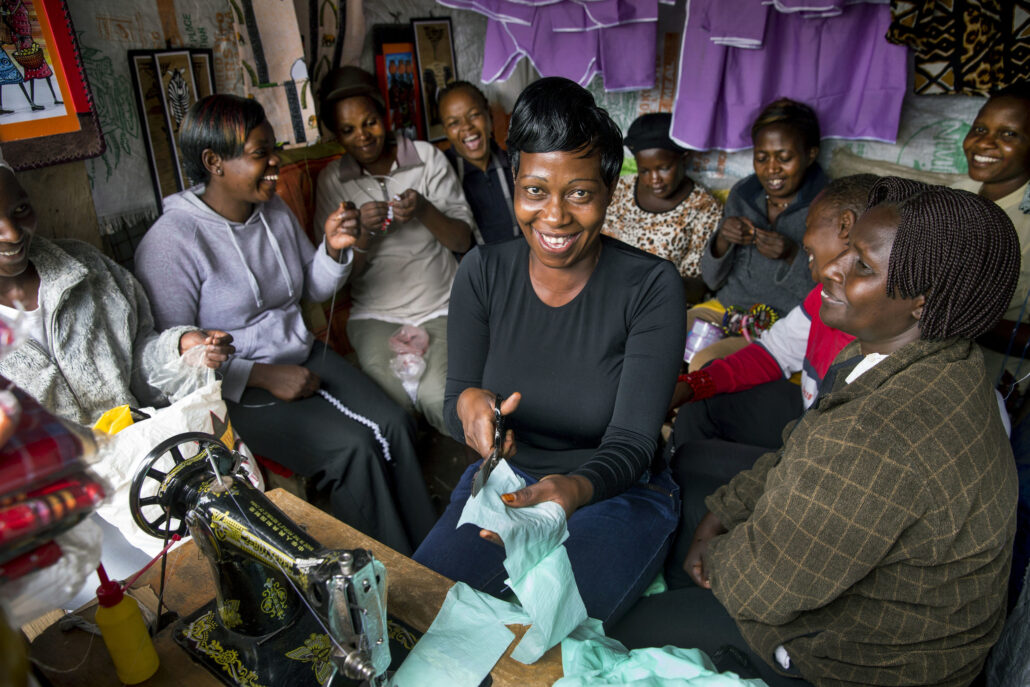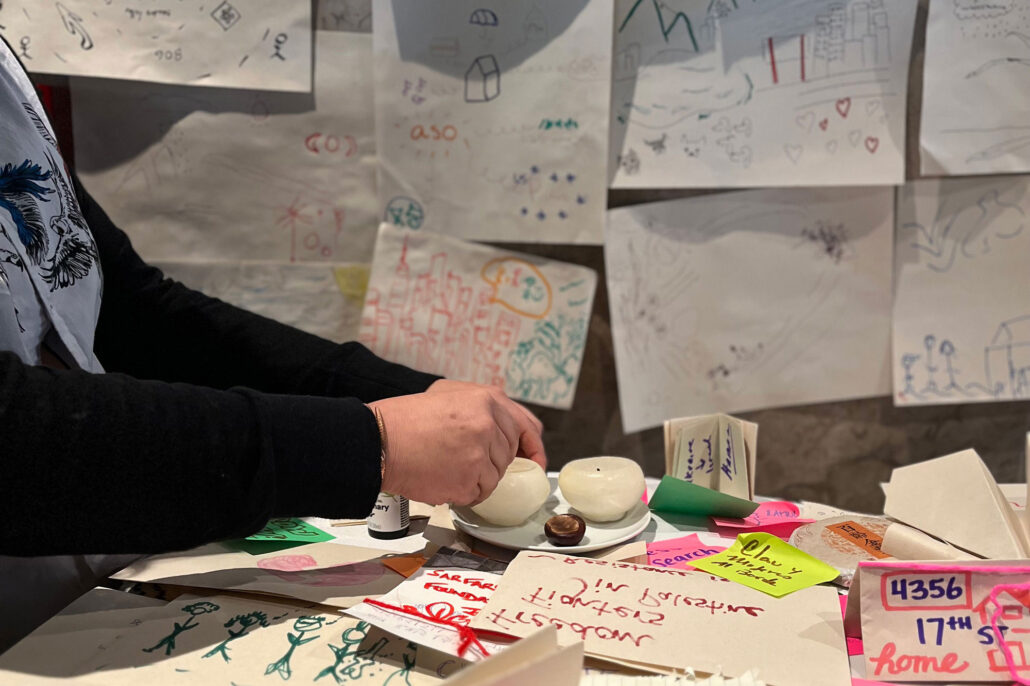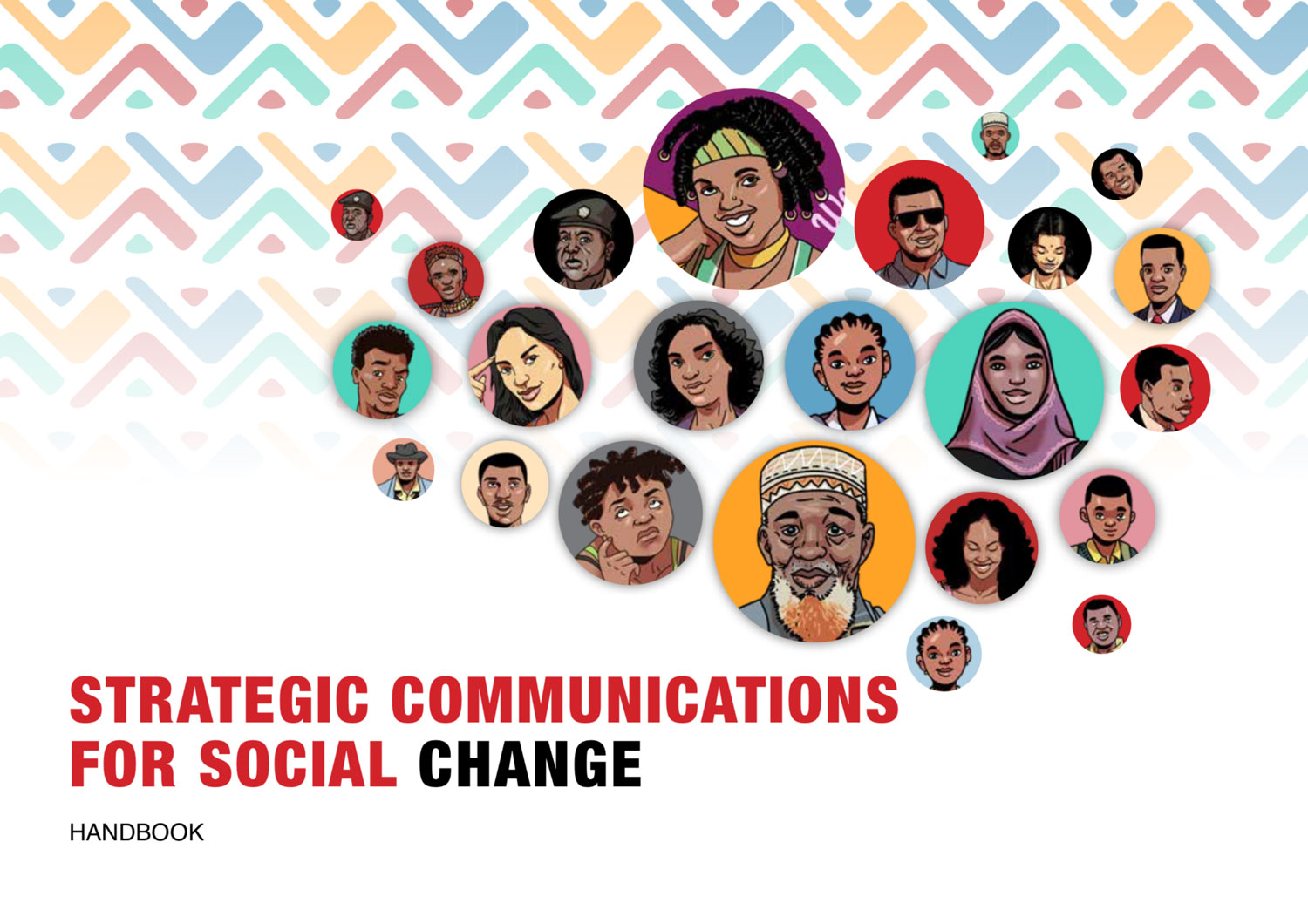Over the past fifteen years we have developed a team of communications specialists with expertise in pedagogy, policy and persuasion. We have experience of journalism, advertising, diplomacy and learning; we have worked on sexual and reproductive health rights, financial inclusion, the environment and education. But above all, we have used strategic communications to help pioneers in those fields and the donors who fund them to achieve the impact they desire.





